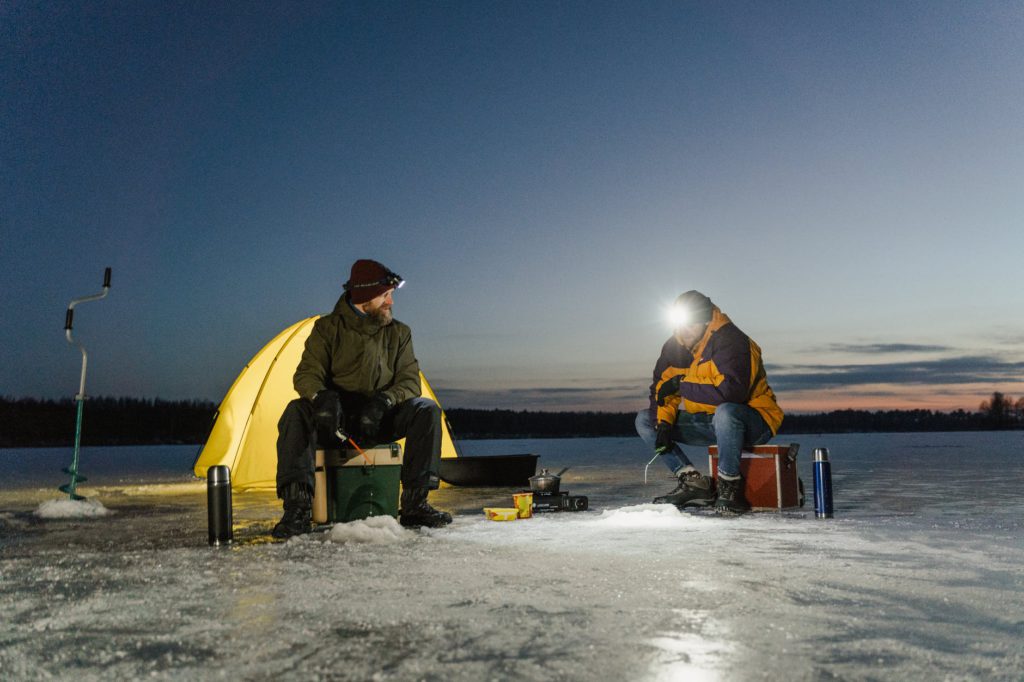My two oldest colleagues, Duane Atwood and Stan Welsh, have both aged well and do not seem to stop travelling for hunting and fishing. They hunt every year in Utah, Africa, Alaska, Canada and New Zealand. It seems impossible to me to hunt and fish for many years over the years, but nothing beats Australian outdoor fishing and camping along with some hunting.
People like hunting, fishing, diving, camping and trampling, whether alone or with someone else. The best place to begin your trip is to visit a hunting and fishing store. Hunting in Western Australia during a global pandemic is not an easy thing to get around, with a range of different rules and regulations about when and where not to hunt and how to hunt animals.
If you are allowed to hunt in Western Australia with the correct licence or permit, you can continue hunting provided that you do not travel beyond your permitted territory. In Queensland, Victoria and Tasmania, access rules allow Aboriginal people to hunt on land that belongs to everyone else.
In South Australia, the regulations that allow indigenous people to hunt for food protected animals do not allow them to take animals from protected areas but indigenous people are allowed to hunt in protected areas. In Queensland, Aborigines living on trust-owned land are exempt from hunting and fishing laws under the Community Services for Aborigines Act 1984 (QLD / S 77 ) and its counterpart in the Torres Strait.
In Western Australia, wild species can be hunted on private land with permission from landowners, subject to a valid gun licence. NSW allows hunting wild animals on private land with the owner’s permission, as long as the hunter has a valid gun licence. Victoria does not have restrictions on hunting of wild animals or pests within their forests and private land.
South Australia allows hunting of all game species in the open season. Pests can be hunted at any time on crown land and private and state land, but hunting must be carried out with the express permission of the landowner. New South Wales permits deer hunting in the open season and hunting other deer and certain wildlife on private land and crown land any time of the year.
The best time to hunt buffalo in Arnhem Land is during the dry season (June to September). The best time to hunt buffalo at Banteng is during this time. Hunting in the early season usually takes place on cool nights, while hunting in the late season can be warm and hot.

Hunting raw water buffalo in the Northern Territory of Australia is an unparalleled experience. Trophy hunting for $12,500 with 10 management buffaloes and a cow for $12,500 (price includes trophy fee, guide, meals and lodging) in a comfortable remote bush camp with solar-powered cabins, hot showers, toilets and washing facilities. A five-day buffalo hunt in the remote Arnhem Land floodplains of the Northern Territory on a 6 million hectare concession.
One Flood is located northeast of Arnhem Land and borders the sea and offers some of the best buffalo hunts in Northern Territory and also great fishing opportunities.
Every year, the Safari Club International in Reno, Nevada, hosts the world’s largest hunting convention. I joined the club and decided to take part in this year’s convention.
Aborigines hunted wild animals, collected plants, fished and collected shellfish. Hunting and fishing have not been used as an excuse to go on holiday, camp or drive into the NSW countryside. A hunting trip could take several days, even if it was not successful.
An application must be made to the police of the Australian State / Territory where you are hunting. For example, if you plan to hunt and compete in the state of Victoria, or if you are visiting another state or territory, apply to the Victoria Police for a permit.
This book should not be construed as an attempt to be definitive with hunting, fishing or hiking. Safari Club International is a global group of hunters who have created successful organizations to promote hunting in the world, publish competitive trophy records, raise money for charity and serve the hunting interests of people around the world.
Grants for Aboriginal land and hearings on land claims in Northern Territory have been the catalyst for much anthropological research into traditional hunting and fishing that highlights the importance of managing Aboriginal land resources. White Australian landowners are similar to white African landowners.